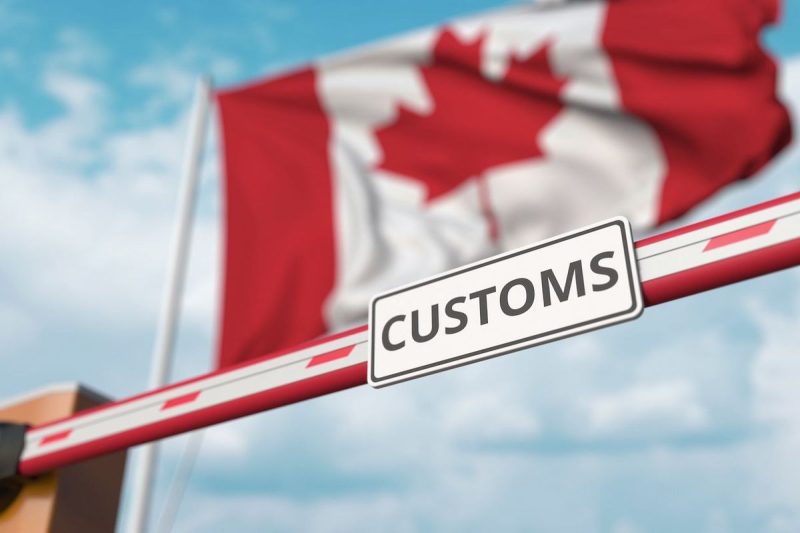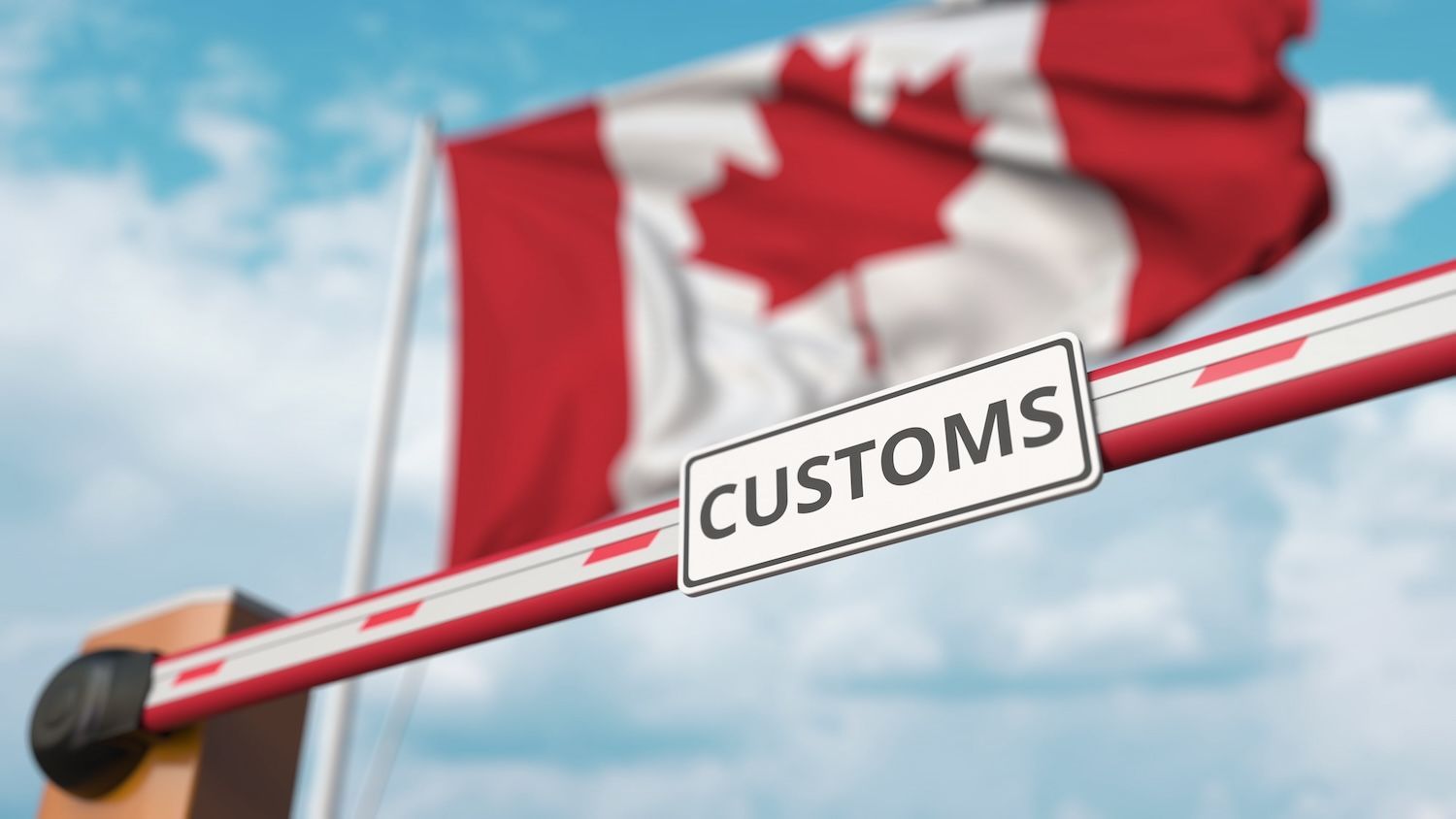

Canadian Prime Minister Justin Trudeau has promised a “very strong” response if US President Donald Trump moves forward with renewed threats to impose a 25 percent tariff on Canadian goods.
Trade relations between the countries continue to face turmoil despite Trump’s initial decision to hold off on enacting tariffs immediately after his inauguration, signaling an unpredictable period for US-Canada trade.
At a cabinet meeting in Montebello, Québec, Trudeau said Canada is prepared to levy dollar-for-dollar retaliatory tariffs and impose stricter measures if necessary. He emphasized Canada’s leverage, highlighting US reliance on Canadian natural resources, including oil, lumber and critical minerals, for economic growth.
‘We’ve been here before,’ Trudeau remarked, citing previous instances of trade uncertainty with the US. ‘It’s something we’re absolutely going to be looking at if they move forward. We are prepared for every possible scenario.’
Ottawa has drawn up contingency plans for immediate retaliatory tariffs on US$37 billion worth of American goods, which could rise to US$110 billion if Trump proceeds with the proposed measures.
Trudeau also warned that a trade war would lead to higher prices for Canadian consumers and urged citizens to prioritize domestic goods to mitigate the economic impact.
Critical minerals as a bargaining chip
In BC, Premier David Eby raised the potential of using Canada’s critical minerals as a negotiation tool.
Eby pointed to smelter operations in Trail, BC, which export essential minerals to the US, as an example of Canada’s strategic value in the global supply chain.
Following a meeting with 11 premiers and Trudeau, Eby emphasized the need for unified action to counter the potential tariffs, which he said could devastate the Canadian economy.
John Steen, director of the Bradshaw Research Institute for Minerals and Mining at the University of BC, told CBC that this bargaining strategy is a direct result of the US’ on-going trade war with another superpower — China.
‘China has banned the export of germanium and other metals like gallium into the US,’ Steen told the news outlet in the interview. ‘So the US has to get that from Canada.’
In addition to germanium, the province is Canada’s largest producer of copper, and the country’s only producer of molybdenum, which are both considered critical minerals.
Alberta Premier Danielle Smith has advocated for a diplomatic resolution to the brewing trade conflict.
Speaking from Washington, DC, where she attended inauguration events, Smith expressed concerns about engaging in a tit-for-tat tariff war, given Canada’s economic dependence on US trade.
‘We do have to be realistic. We’re an economy that’s one-tenth the size of the Americans’. We are far more reliant on the trade relationship with them than they are with us, so trying for a tit-for-tat tariff war without addressing the underlying issues is not going to end well for Canada,’ Smith said.
Further, she highlighted Trump’s ‘winner attitude’ and his inability to respond well to threats, which could further damage trade relations between the two countries moving forward.
“We have a short window, I think, to be able to demonstrate the very positive relationship that Canada and the US have from a tariff-free viewpoint and why it should remain tariff-free,” she maintained.
Trump’s “emergency” justification
Trump’s decision to frame the tariffs as a response to an ’emergency’ involving drug trafficking and illegal migration allows him to sidestep provisions in the US-Mexico-Canada Agreement that limit such trade actions.
While Canadian officials have already committed US$1.3 billion to enhance border security, they contend that the data does not support Trump’s claims.
US Customs and Border Protection figures reveal that fentanyl seizures at the northern border are minimal compared to those at the southern border, and migration from Canada to the US is far less significant than from Mexico.
Trudeau acknowledged that retaliatory measures would come with a cost, particularly for consumers.
However, he stressed that the government is prepared to support workers and businesses during the trade dispute.
Securities Disclosure: I, Giann Liguid, hold no direct investment interest in any company mentioned in this article.
